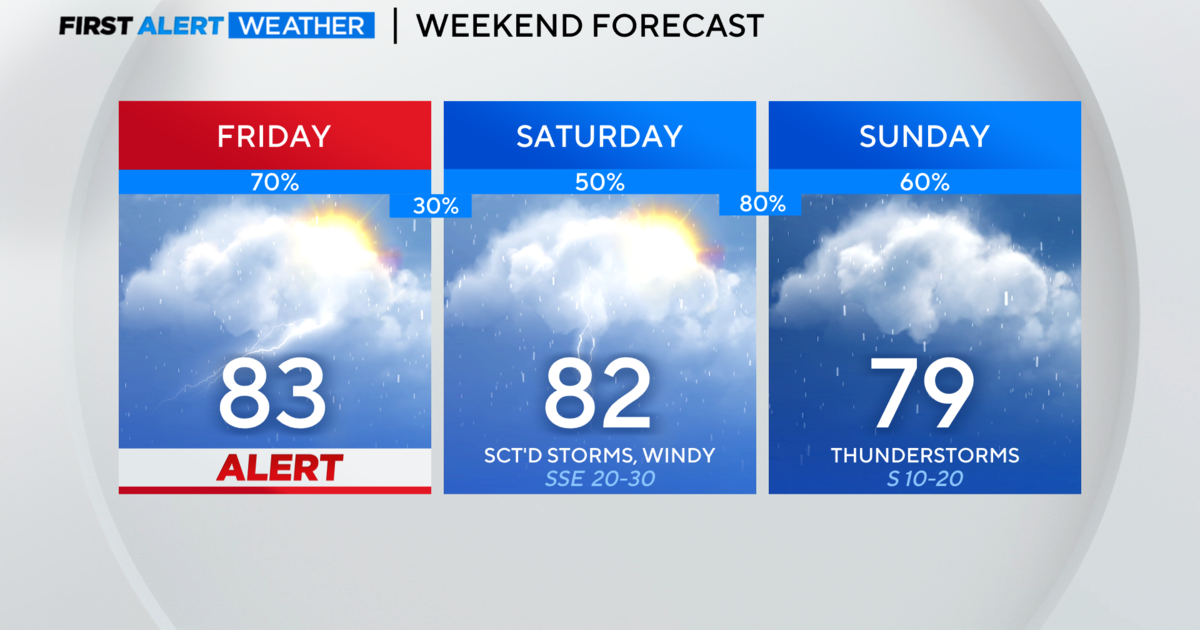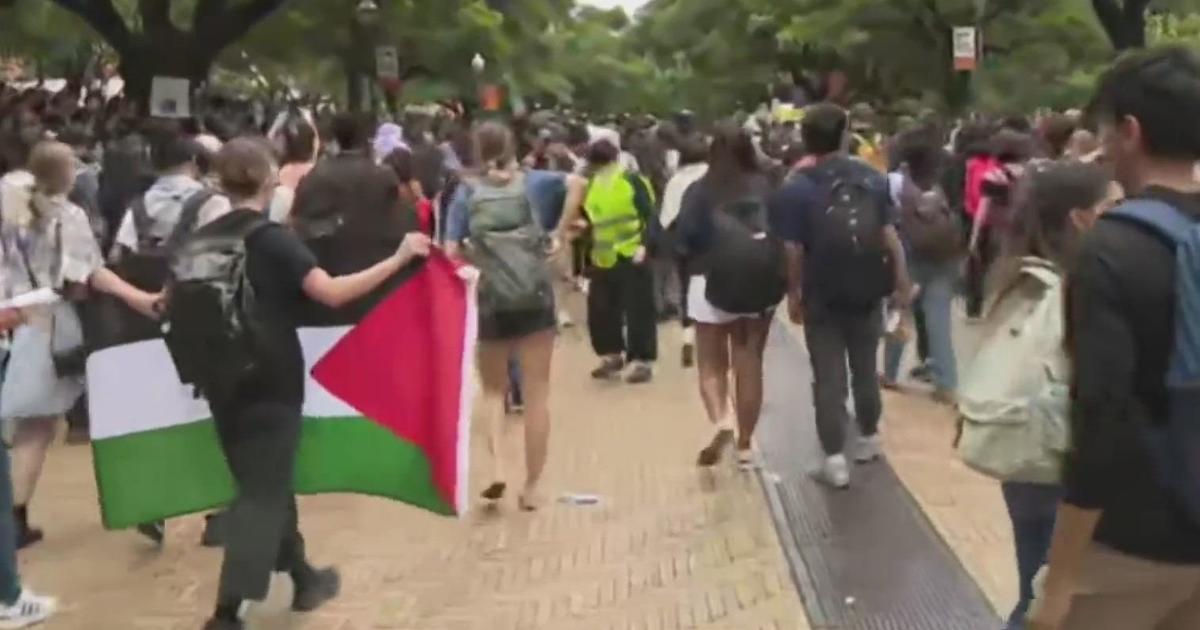Texas Senator Carol Alvarado Ends Filibuster After 15+ Hours, Voting Bill Passes Minutes Later
AUSTIN (CBSDFW.COM/AP) — A Texas state senator continued her filibuster into Thursday morning, but after more than 15 hours Senator Carol Alvarado ended her effort to rally against Senate Bill 1, the GOP bill that man y say would place would disproportionately suppress ballots from minorities and disabled voters.
Alvarado, a Democrat, began her filibuster shortly before 6 p.m. Wednesday by speaking indefinitely, although she admitted that was unlikely to stop the bill from passing. She was right -- it passed just minutes after she left the floor.
Requirements for the filibuster meant Alvarado had to remain standing and speaking, could not take any bathroom breaks or drink water.
In the latest tactic to extend the nation's most visible standoff over voting rights, Alvarado wore a back brace and running shoes as she mounted the filibuster.
Alvarado's filibuster began hours after officers of the Texas House of Representatives delivered civil arrest warrants for more than 50 absent Democrats on Wednesday. Frustrated Republicans have ratcheted up efforts to end a standoff over a sweeping elections bill that has continued for 32 days.
But after sergeants-at-arms finished making the rounds inside the Texas Capitol — dropping off copies of the warrants at Democrats' offices, and politely asking staff to tell their bosses to please return — there were few signs the stalemate that began when Democrats fled to Washington, D.C., in July in order to grind the statehouse to a halt was any closer to a resolution.
The latest escalation threw the Texas Legislature into uncommon territory with neither side showing any certainty over what comes next, or how far Republicans could take their determination to secure a quorum of 100 present lawmakers — a threshold they were just four members shy of reaching.
"I don't worry about things I can't control," said state Rep. Erin Zwiener, one of the Democrats who was served with a warrant and has refused to return to the Capitol. "Nothing about these warrants are a surprise, and they don't necessarily affect my plans."
Democrats, who acknowledge they cannot permanently stop the GOP voting bill from passing because of Republicans' dominance in both chambers of the Texas Legislature, responded to the warrants with new shows of defiance. One turned up in a Houston courtroom and secured a court order aimed at preventing him from being forced to return to the Capitol.
The NAACP also stepped in on behalf of the Texas Democrats, urging the Justice Department to investigate whether a federal crime was being committed when Republicans threatened to have them arrested.
Refusing to attend legislative sessions is a violation of House rules — a civil offense, not a criminal one, leaving the power the warrants carry to get Democrats back to the chamber unclear, even for the Republicans who invoked it. Democrats would not be jailed. Republican Travis Clardy, who helped negotiate an early version of the voting bill that Democrats first stopped with a walkout in May, said he believed "they can be physically brought back to the Capitol."
State Rep. Jim Murphy, who leads the Texas House Republican Caucus, said while he has not seen a situation like this play out during his tenure, his understanding is that officers could go to the missing lawmakers and ask them to come back.
"I am hoping they will come because the warrants have been issued and they don't want to be arrested," Murphy said. "It is incredible to me that you have to arrest people to do the job they campaigned for, for which they took an oath of office to uphold the Texas Constitution."
The Texas Department of Public Safety, the state's law enforcement agency, referred questions about the warrants to the House speaker.
The move marks a new effort by the GOP to end the protest over elections legislation that began a month ago with 50 Democrats taking private jets to Washington in a dramatic show of resolve to make Texas the front lines of a new national battle over voting rights.
Republicans are now in the midst of their third attempt since May to pass a raft of tweaks and changes to the state's election code that would make it harder to cast a ballot in Texas, which already has some of the most restrictive election laws in the nation.
(© Copyright 2021 CBS Broadcasting Inc. All Rights Reserved. The Associated Press contributed to this report.)



